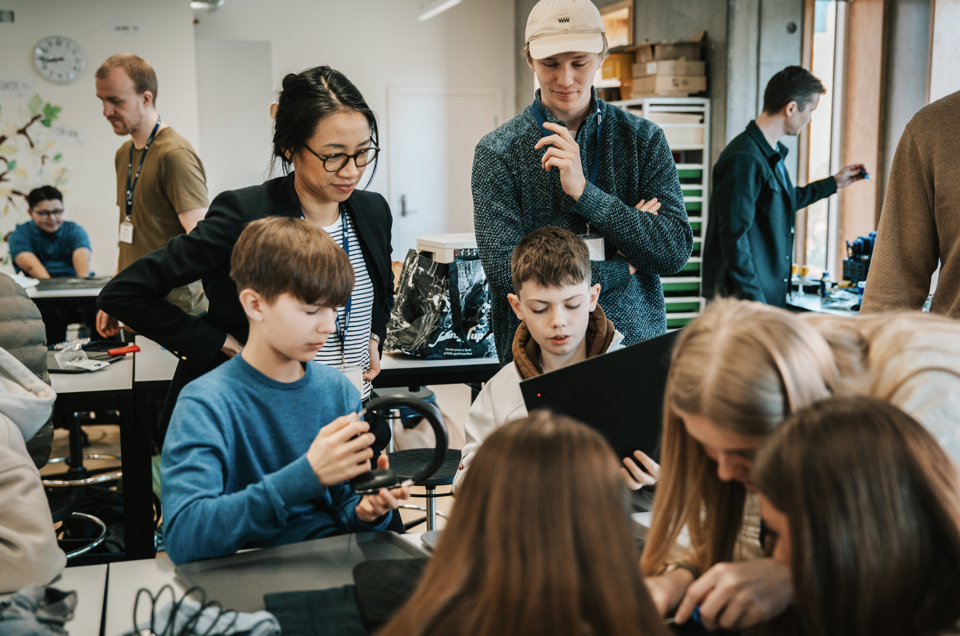In the near future, Repair Camps will be held for more than 100 children and youth at schools where volunteers from Repair Café Denmark and the team from AAU Design Lab create a practical learning situation for kids. After testing the concept, the first real Repair Camp with 6.A will be held at Klostermarksskolen in Aalborg on Tuesday, 14 May. All students bring a product that is broken, and with the help of AAU Design Lab and volunteers from Repair Café Denmark, the students themselves get involved in how to repair certain products rather than just discarding them. Instead of bringing home a drawing, a bead board or a clay bowl, participants will instead be able to show their repair of the broken products to friends and family.
The need to repair instead of just discard is great. Over the past 20 years, Danes' consumption has increased significantly, and according to the Danish Society for Nature Conservation, a Dane throws away an average of 23.9 kg of electronic waste annually and buys more than 16 kg of clothes which is twice as much as in the year 2000.
"We need to be critical of our consumption and create a new trend where the broken, patinated and used is not ugly, but just has a different aesthetic, and where we appreciate the little hidden stories behind a product that has lasted a long time, or been repaired, or sewn into something else," Linda Nhu Laursen points out.
